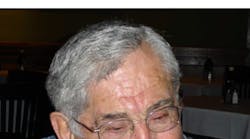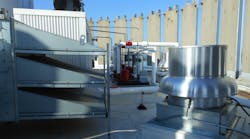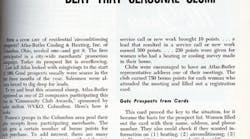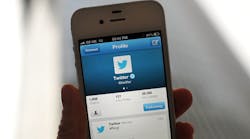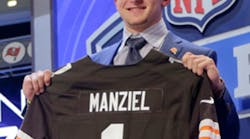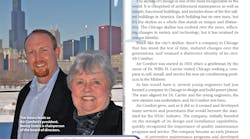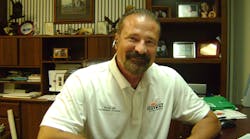While working on an article about HVACR technician recruitement, I spoke with Jeff Taylor, lead HVACR instructor at the Mayfield College, Cathedral City, CA. The program includes training and testing in-part from a CD-Rom provided by Mainstream Engineering, Rockledge, FL.
"With electronic learning and testing, we now know the interactive CD-Rom approach directs students to areas needing improvement," Taylor says. "Plus, these kids were brought up with computer games, Ipods, and the Internet, so learning and testing from a computer is a less intimidating and productive process."
The CDs are designed with a "study mode," that points out areas that need extra attention. And, a 90% minimum score on practice tests is required before moving on to a certification examination.
Taylor and other instructors at Mayfield College realize that an HVACR graduate student better have a grasp of the basics before they start knocking on doors. With that in mind, he conducted his own survey of contractors, and asked what they want a graduate HVACR student to know the first day on the job. Here's the list of most common responses:
1. Subcooling/superheat: know what it is, and it's relationship to troubleshooting.
2. Thermostat wiring: have the ability to change from one type of thermostat or system to another.
3. Electrical failure: what component failed, and why?
4. Flame rectification: know how it works, and how to troublehoot the system.
5. External static pressure: know the relation of ESP to system operation, and how to take the readings. Define how to troubleshoot with this information.
6. Check and adjust gas manifold pressure on gas heating systems, explain fire rate on temperature rise.
7. Proper use of electrical meters: The ability to use any meter available to troubleshoot.
8. How to wire a potential relay: Know not only how to do this task but, explain what the Potential Relay is for and how it works.
9. Reclaim/Evacuation/Charge: The ability to reclaim, after repair is complete, evacuate a system, and properly charge a system.
10.Customer relations: understand the “big picture” of being a representative of a company. The effect on a customer of your appearance, and attitude.
That's a great list. As the HVACR industry continues in its mission to grow the ranks of qualified technicians, it's essential that students — your future technicians— are learning what they need to, for a good start on Day 1.
What's on your list of first-day technician essentials? Let me know when you "have a minute."

